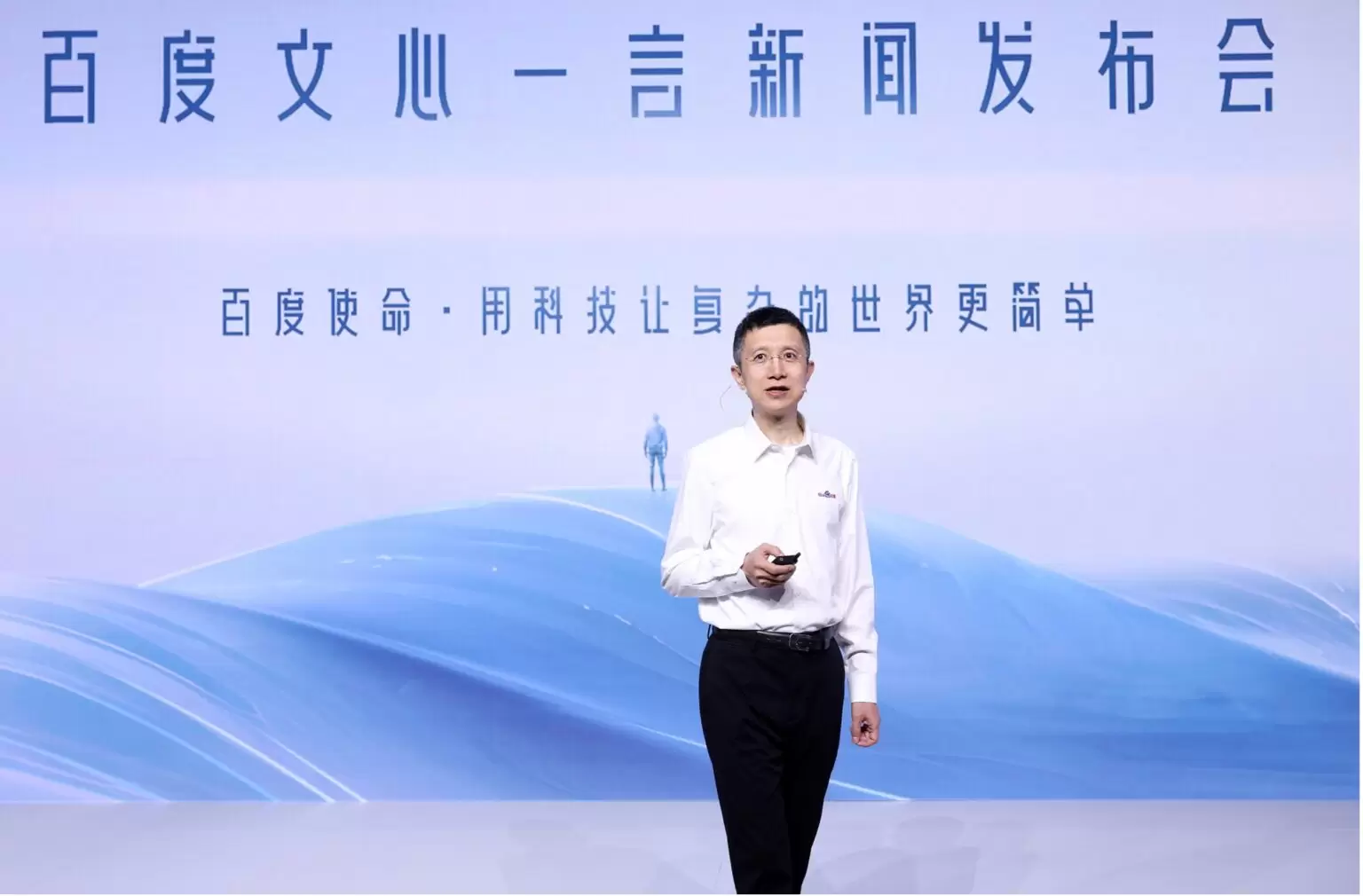In a significant stride within the realm of generative AI, Chinese tech giant Baidu has officially unveiled its much-anticipated creation – the ERNIE Bot. This Chatbot, a homegrown masterpiece, has long been awaited, particularly by the Chinese populace, and it’s poised to enter the arena as a formidable competitor to OpenAI’s ChatGPT.
The ERNIE Bot’s development is grounded in Baidu’s powerful language model, ERNIE (Enhanced Representation through Knowledge Integration). With a repertoire of four core generative AI capabilities encompassing comprehension, generation, reasoning, and memory, it represents a remarkable leap forward in conversational AI.
This public release of ERNIE Bot serves a dual purpose for Baidu. Beyond unveiling their technological prowess, it allows the company to gather valuable feedback from users. Baidu’s CEO, Robin Li, underscores the importance of user input in expediting improvements and enhancing the overall user experience.
China’s Approach to Domestic AI Advancements
It’s worth noting that the Chinese government has taken a unique stance regarding generative AI products. While certain AI technologies like ChatGPT are restricted, the government actively encourages domestic tech companies to innovate and produce competitive alternatives.
ERNIE Bot’s journey began in March when Baidu first introduced its impressive capabilities, which include summarizing complex science fiction novels and generating images and videos based solely on text inputs. Since its initial announcement, ERNIE Bot’s training has undergone a threefold expansion, significantly enhancing its proficiency in data analysis, visualization, and image processing.
China’s Regulations and Global Aspirations in AI
As of August 15, Chinese companies are mandated to secure approval from regulatory authorities before releasing generative AI experiences to the public. Baidu stands as one of the pioneering firms to receive this official endorsement, signifying the paramount role of AI technology in China’s future.
The Chinese government perceives AI as a transformative force that can touch every facet of daily life. Yet, as it harnesses the power of AI, China also underscores the importance of responsible regulation. This approach aims to maintain content control while enabling Chinese tech firms to competitively contribute to the global AI landscape.

